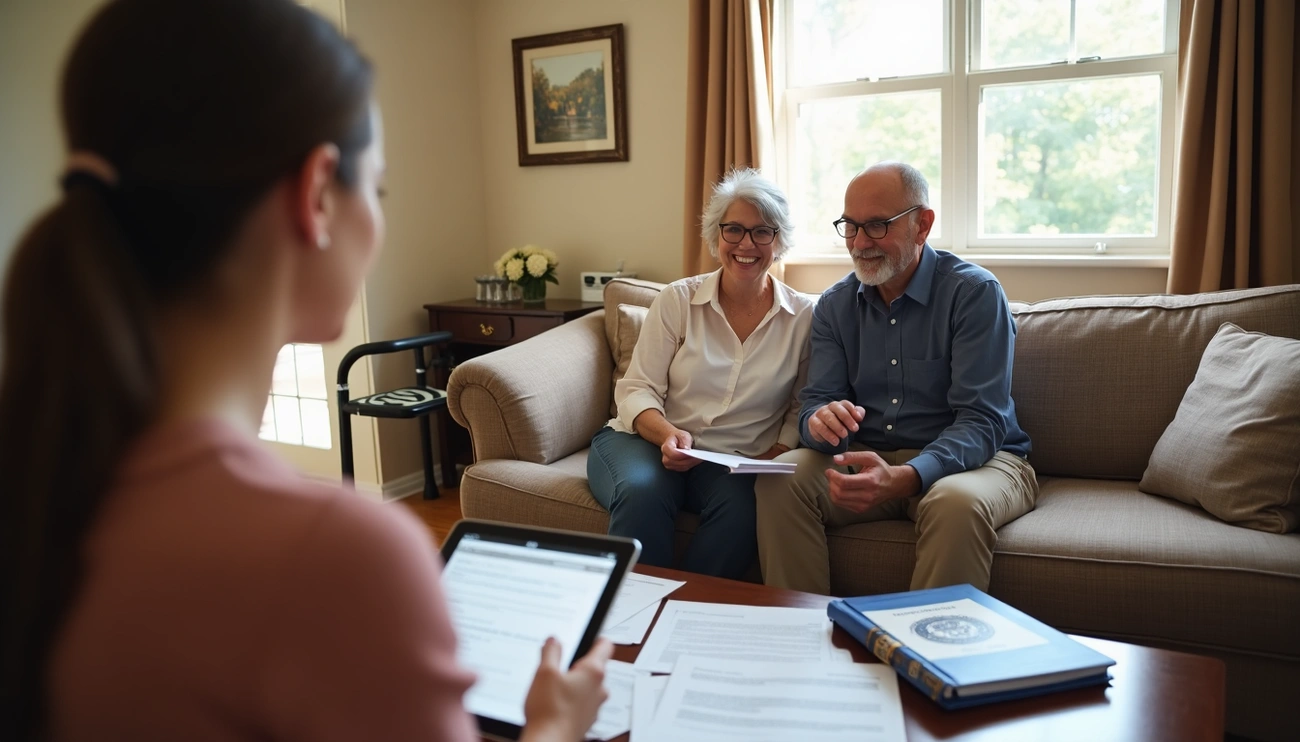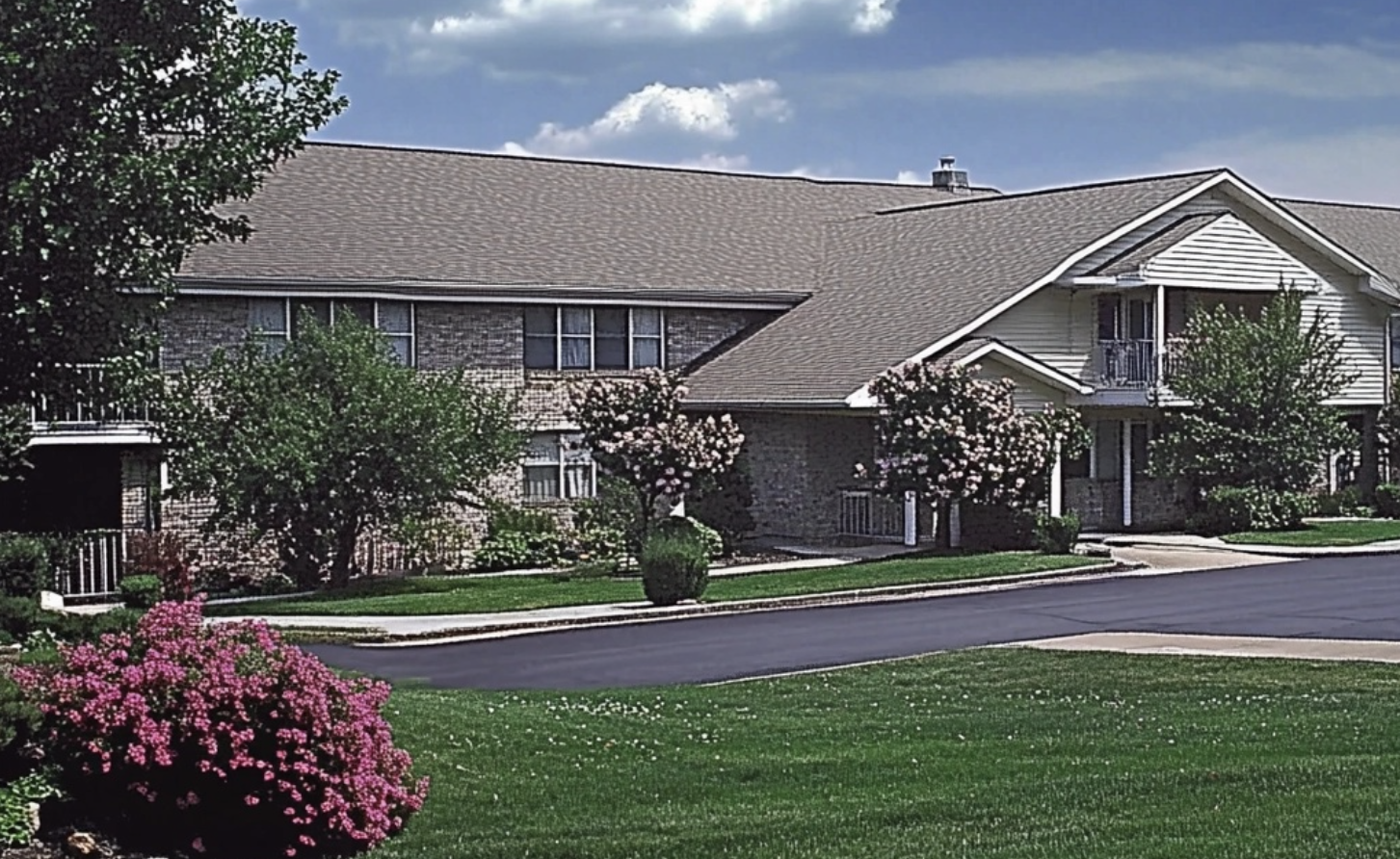Normal aging does not necessarily lead to significant memory loss, dementia, or Alzheimer’s disease (AD), despite common misconceptions [1]. It’s important to differentiate between the normal cognitive changes associated with aging—such as decreased blood flow to the brain and a gradual decline in volume—and the symptoms of serious memory conditions [1]. While some cognitive abilities like semantic memory and procedural memory often remain stable or even improve with age, mild forgetfulness can be a typical part of the aging process [1][2].
Understanding how to improve memory in the elderly involves exploring comprehensive strategies that go beyond merely tackling vitamin D deficiency or managing dementia symptoms [1]. This article will provide proven techniques, including mental exercises to enhance cognitive skills, physical activities that support brain health, and nutritional strategies rich in antioxidants and omega-3 fatty acids aimed at improving memory [3]. In addition, it will discuss the benefits of socialization, managing stress and sleep deprivation, and the role of memory tests in identifying and addressing memory loss and cognitive decline [1][2][3].
Understand Normal Aging vs. Memory Loss
Understanding the distinctions between normal aging and memory loss is crucial for identifying appropriate interventions and setting realistic expectations. Here’s a closer look:
Normal Aging vs. Memory Loss: Key Differences
- Normal Aging:
- Occasional forgetfulness, such as misplacing items or forgetting names, but remembering them later.
- Taking longer to learn new tasks or make decisions, which does not significantly impact daily life.
- Common signs include sometimes forgetting details of a conversation or event that happened a year ago.
- Memory Loss (Dementia and Mild Cognitive Impairment):
- Frequent memory loss affecting daily activities, such as forgetting how to use common household items or manage personal finances.
- Serious symptoms like getting lost in familiar places, repeating questions, or inability to follow directions.
- Changes in behavior or personality, difficulties with language, and impaired judgment.
Factors Beyond Normal Aging:
- Memory loss that disrupts daily life is not a typical part of aging and may indicate conditions like mild cognitive impairment or dementia.
- Reversible causes such as medication side effects, emotional disorders, or nutritional deficiencies can mimic or exacerbate memory problems.
- Chronic conditions like diabetes, high blood pressure, and obesity contribute to cognitive decline, emphasizing the need for comprehensive health management.
This differentiation helps in tailoring interventions and managing expectations for elderly individuals experiencing memory changes.
Mental Exercises to Sharpen Cognitive Skills
Engaging in mental exercises is a crucial strategy for enhancing cognitive skills in the elderly. Research indicates that memory training interventions can significantly maintain or improve memory performance, with an overall effect size estimate of 0.31 standard deviations. This suggests a moderate improvement in memory functions among older adults who participate in these activities.
Types of Mental Exercises:
- Brain-Building Activities:
- Crossword puzzles, word games, and Sudoku.
- Jigsaw puzzles and board games.
- Memory card games and brain teasers.
- High-tech options like video games and apps designed to enhance cognitive skills.
- Challenging New Skills:
- Learning to play musical instruments or a new language.
- Engaging in different hobbies or volunteering, which keeps the brain active and involved.
- Structured Memory Training Programs:
- Programs often use visual imagery and group sessions to foster social interaction and mental engagement.
- The n-back task, a known exercise targeting working memory, which also improves fluid intelligence.
These activities not only stimulate mental abilities but also contribute to a cognitive reserve that helps delay or prevent cognitive decline. Engaging regularly in varied and challenging mental tasks is essential, as repetitive tasks may become less effective over time.
The Role of Physical Activity in Memory Improvement
Engaging in regular physical activity is paramount for enhancing memory and overall brain health in the elderly. This section explores the multifaceted benefits of physical exercise on cognitive functions, particularly memory improvement, supported by various studies.
Impact of Physical Activity on Brain Health:
- Increased Blood Flow and Brain Volume: Regular exercise boosts blood flow to the brain, which is crucial for maintaining cognitive functions. Studies have shown that physical activities, especially aerobic exercises like walking or cycling, increase the volume of the hippocampus, the brain region associated with memory.
- Neurogenesis and Neuroplasticity: Exercise not only helps slow down the age-related shrinkage of brain areas but also promotes the growth of new brain cells through neurogenesis. Enhanced synaptic plasticity, which allows the neurons to form new connections, is another significant benefit, leading to improved memory and learning capabilities.
Recommended Exercise Patterns:
- Duration and Intensity: The World Health Organization suggests that older adults engage in at least 150 minutes of moderate-intensity or 75 minutes of vigorous-intensity physical activity weekly. Regular sessions should ideally last around 56 minutes and occur approximately three times per week.
- Types of Exercises: Aerobic activities account for about 43.63% of the exercises in studies, with walking and cycling being the most effective. Engaging in group exercises like tai chi has also been shown to enhance cognitive functions, particularly executive functions.
Cognitive Improvements Observed:
- Domains Benefited: The primary cognitive enhancements from regular physical activity include better processing speed, attention, executive function, and global cognition. These improvements are most stable and consistent when the exercise is of moderate to high intensity.
- Long-term Benefits: Consistent engagement in physical activities can lead to long-lasting cognitive benefits. A study highlighted a significant improvement in memory and increased brain blood flow in elderly participants involved in a year-long exercise program.
By incorporating regular physical activity into their routines, elderly individuals can not only enhance their memory but also improve their overall mental and physical health, contributing to a better quality of life.
Nutritional Strategies for Supporting Memory
Implementing nutritional strategies is essential for supporting memory in the elderly. A balanced diet enriched with specific nutrients can significantly enhance cognitive functions and slow memory decline. Here are key dietary components and their benefits:
Key Nutrients and Foods:
- Omega-3 Fatty Acids: Found abundantly in fish like salmon and also in nuts such as walnuts and flaxseeds, omega-3s are crucial for brain health. They help build brain and nerve cells essential for learning and memory.
- Antioxidants: Dark berries, such as blueberries and blackberries, along with dark chocolate and colorful vegetables like red cabbage and beets, are rich in antioxidants. These compounds protect the brain from oxidative stress and inflammation, which can precipitate cognitive decline.
- B Vitamins and Folate: Leafy greens, whole grains, and legumes are excellent sources of B vitamins and folate. These nutrients aid in reducing homocysteine levels in the blood, which are linked to cognitive impairment and Alzheimer’s disease.
Recommended Dietary Patterns:
- Mediterranean Diet: Emphasizes fruits, vegetables, whole grains, olive oil, and lean protein from fish and poultry. This diet is low in red meat and dairy, which helps maintain brain health and overall cardiovascular health.
- DASH Diet: Similar to the Mediterranean diet but focuses more on reducing sodium intake to lower blood pressure, further benefiting cognitive function.
Practical Tips for Incorporating Brain-Healthy Foods:
- Plan Balanced Meals: Include at least one serving of brain-boosting food in each meal. For example, add spinach to your morning omelet, have a berry salad with lunch, and include a side of steamed broccoli with dinner.
- Healthy Snacks: Opt for nuts, seeds, and fresh fruits instead of processed snacks. These provide essential nutrients without the added sugars and unhealthy fats.
- Hydration: Sufficient hydration is vital for maintaining cognitive function. Aim for 8-10 glasses of water per day, complemented with other healthy beverages like green tea.
By integrating these nutritional strategies into daily meals, elderly individuals can significantly enhance their memory capabilities and overall brain health.
Socialization and Its Impact on Cognitive Function
Socialization plays a pivotal role in maintaining and enhancing cognitive function among the elderly. Engaging in social activities not only fosters mental stimulation but also provides emotional support, which is crucial for mental health. Here are several ways through which social interaction impacts cognitive abilities:
- Mental and Emotional Benefits:
- Regular interaction with family, friends, and community members helps prevent isolation and loneliness, conditions linked to increased risks of cognitive decline and dementia.
- Social engagements such as participating in group activities, volunteering, and attending events can lead to longer life spans, better overall health, and reduced depressive symptoms.
- Cognitive Engagement:
- Activities that involve social interaction, like playing board games or participating in group exercises, are not only enjoyable but also mentally stimulating, which is vital for cognitive health.
- Studies have shown that elderly individuals who frequently engage in social activities exhibit slower cognitive decline compared to those who are less socially active.
- Support Networks:
- Strong social support systems, including positive relationships with friends and family, are associated with better cognitive functioning.
- Social networks provide emotional and sometimes physical support, which can help manage stress and reduce factors that contribute to cognitive decline.
Continued social participation is recommended as it could potentially build cognitive reserves and promote brain health, thereby possibly delaying or even preventing the onset of dementia. Engaging in a variety of socially enriching activities is encouraged to maximize these benefits.
Managing Stress and Sleep for Memory Enhancement
Managing stress and ensuring adequate sleep are pivotal for enhancing memory, especially in the elderly. Several strategies can be employed to tackle these issues effectively:
Stress Management Techniques:
- Exercise: Regular physical activity is known to reduce stress levels significantly.
- Mindfulness and Meditation: These practices aid in stress reduction and improve focus, contributing to better memory retention.
- Organizational Tools: Utilizing notebooks, calendars, or electronic planners to keep track of tasks and appointments can help minimize stress caused by forgetfulness.
- Positive Social Interactions: Engaging with friends and participating in community activities can alleviate stress and enhance emotional well-being.
Sleep Enhancement Strategies:
- Regular Sleep Patterns: Adults should aim for 7 to 9 hours of sleep per night, establishing a consistent bedtime and wake-up schedule to improve sleep quality.
- Sleep Environment Optimization: Ensure the sleeping area is quiet, dark, and comfortable. Reducing blue light exposure before bedtime can also promote better sleep.
- Cognitive Behavioral Therapy for Insomnia (CBT-I): This therapy addresses negative thoughts and behaviors affecting sleep, proving more beneficial than sleep medications in the long term.
Managing Health Conditions:
- Routine Health Checks: Regular monitoring and management of chronic conditions like high blood pressure, diabetes, and obesity are crucial as these can impact cognitive function.
- Consultation with Healthcare Providers: If sleep problems persist despite implementing good sleep habits, discussing symptoms with a doctor is advisable. Keeping a sleep diary can provide valuable insights during medical consultations.
By incorporating these methods into daily routines, the elderly can significantly enhance their memory capabilities through improved stress management and sleep quality.
Conclusion
Throughout this exploration, we have unveiled various practical and effective strategies to bolster memory in the elderly, including engaging in mental exercises, maintaining physical activity, adopting a nutritious diet, fostering social connections, and effectively managing stress and sleep. These approaches not only underscore the multifaceted nature of cognitive enhancement but also highlight the profound impact that lifestyle adjustments can have on the preservation and improvement of memory functions. The significance of distinguishing normal aging from memory loss sets the foundation for implementing these targeted strategies, empowering individuals to lead a cognitively healthier and more fulfilling life.
As we conclude, it is evident that a comprehensive, proactive approach towards cognitive health can significantly mitigate the effects of aging on memory. While the journey to enhancing memory involves dedication and consistent effort, the potential benefits of such lifestyle changes are profound, extending far beyond memory improvement to influence overall well-being and quality of life. Encouraging further research and community engagement in this arena can amplify the positive outcomes for the elderly population, fostering a societal shift towards more supportive, preventive, and inclusive care for our aging individuals.
FAQs
1. What methods can help an 80-year-old enhance their memory?
To enhance memory in the elderly, staying active, maintaining social engagements, and learning new skills can be beneficial. These activities not only help improve memory but also boost mood. If memory issues do not improve after several weeks, it is advisable to consult a doctor as it may indicate a more serious condition.
2. What are some scientifically validated strategies to boost memory?
Scientifically validated methods to enhance memory include adopting a healthy diet, engaging in regular physical exercise, avoiding smoking, and managing health metrics like blood pressure, cholesterol, and blood sugar levels. Keeping the brain mentally active through various cognitive exercises also plays a crucial role in maintaining memory sharpness, akin to how physical exercise strengthens muscles.
3. What does the Mayo Clinic suggest for combating memory loss?
The Mayo Clinic emphasizes the importance of physical exercise in protecting the brain against dementia, particularly when paired with a healthy diet and management of cardiovascular risk factors. Additionally, some studies suggest that physical activity may decelerate the progression of cognitive decline in individuals with Alzheimer’s disease.
4. What is considered the most effective memory enhancer for the elderly?
CDP-choline is noted for its potential benefits on memory in elderly individuals who are already experiencing memory issues, as evidenced by a review of 14 studies. However, its preventative effects on healthy individuals remain uncertain. It is recommended to consult a healthcare provider before starting any new supplement regimen for memory enhancement.












